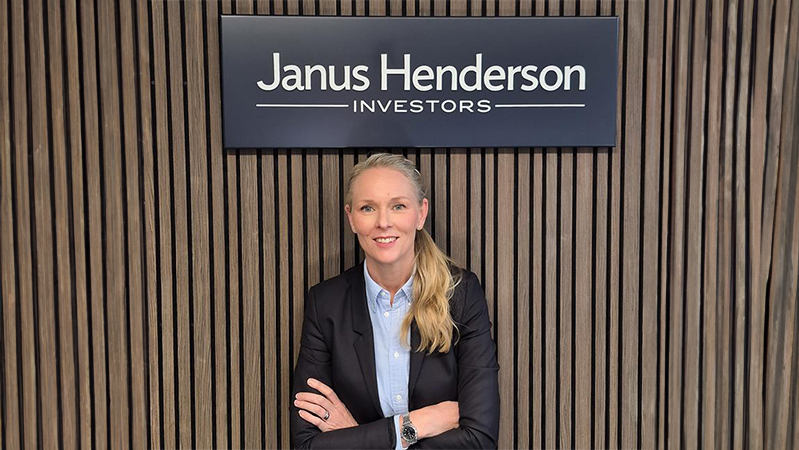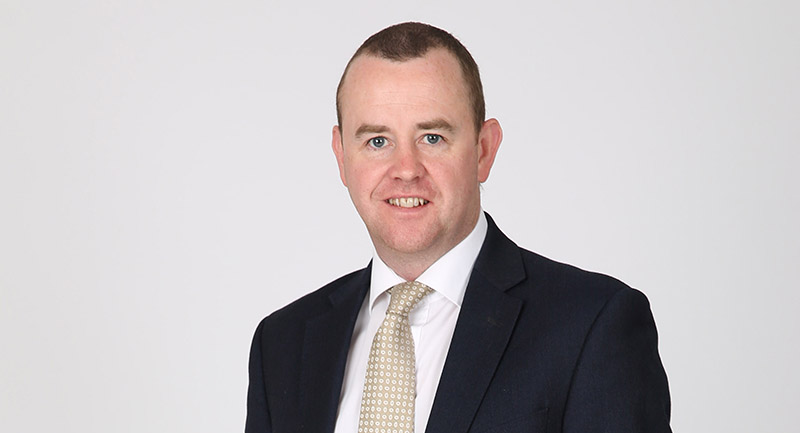These new powers are described by the Basel-based-and-Mark-Carney-chaired organisation as “a key component of the FSB’s policy framework to address the moral hazard and systemic risks associated with institutions that are ‘too big to fail’”, as endorsed by the G20 in November 2011.
Size isn’t important
Paul Tucker, deputy governor of the Bank of England and chair of the FSB resolution steering group, explained, saying: “Today’s publication marks a further important step towards making the largest, most complex financial firms resolvable without taxpayer solvency support. Key jurisdictions are well on the way to having the necessary legislative regimes in place.
“Next steps will need to include regulatory measures to remove impediments and changes to firms’ financial or organisational structure where necessary.”
Specifically, these firms are globally systemically important financial institutions (G-SIFIs), of which there are 29 (see the tables):
The FSB’s thinking is to make banks easier to carve up or wind down when the next financial crisis hits, with a clearly laid out hierarchy of creditors so there is an agreement in place as to who gets what among borrowers and lenders, institutions and individuals, when one of the banks is finally laid to rest.
The long-term aims are two-fold: to ensure that when this does occur, smaller customers/businesses will be able to continue to borrow; and to isolate each problem so it does not spread into other banks or sectors.
The FSB operates at an international level, co-ordinating the work that national financial authorities and international standard-setting bodies do. It may identify a global crisis – such as the knock-on effects of a US mortgage crisis – before it happens and therefore negate the need for artificially upping the money supply to the tune of $33trn that we currently have.
What crisis for banks?
What the FSB has unveiled is a reaction to known problems and is an attempt to stop the same things happening in the future. Its ideals and aims have to be a good thing.
The key thing will be whether or not the FSB is going to be able to recognise the problems and therefore deliver on its mandate to then actually wind down and subsequently close down those guilty of wrongdoing.
At the moment, it looks to the outside world that banks have successfully come through the global financial crisis that they led us into.
The second quarter shows just how well banks are standing up to the financial crisis: Goldman Sachs announced it had doubled its profits in Q2 to $1.9bn, up from just under $1bn in Q2 last year; JP Morgan’s Q2 profit was up 30% to $6.5bn; Wells Fargo was up 20% to $5.3bn; net income into Citigroup was up 42% year-on-year in Q2, to $4.2bn; Bank of America reported a 63% rise in income, up to $4bn.
At the moment it’s a bit like managing the anti-drugs programmes for the Tour de France or World Athletics.
Catching someone guilty of breaking the rules shows there is a plan in place to spot wrongdoing and action is being taken to stop anyone from doing it again; but there is little indication to the outside world that less wrong is being done and there is no real hint that athletes or cyclists are operating in a ‘cleaner’ environment.
true
Send one down
With problems being identified seemingly every week in the banking industry – Barclays rigging Californian energy prices and UK traders manipulating gilt prices are simply yesterday’s instances – the FSB and national regulators certainly have their work cut out.
While individuals continue to be found out and companies continue to be fined those same companies continue to operate successfully as their dramatically rising profits show.
Not that I’m hoping for another crisis, but I am hoping that a bank is wound down sooner rather than later (justifiably, obviously!) as this is the only way to restore faith in the banks, the regulator and the possibility that we won’t get another global financial crisis soon.















